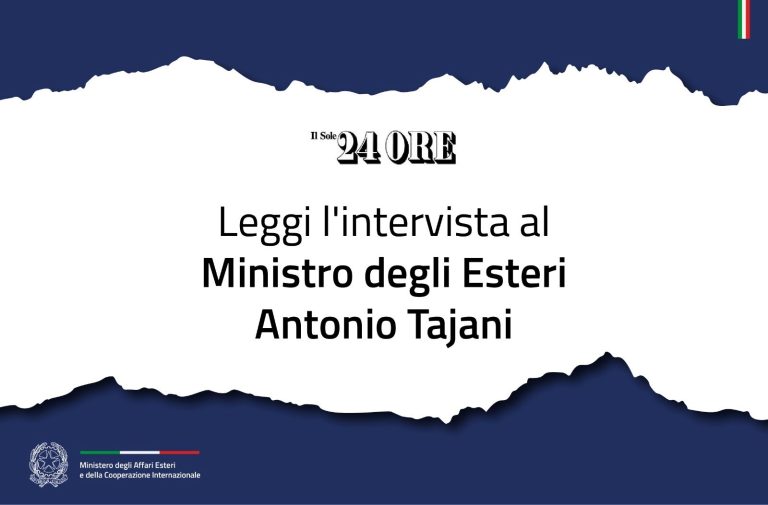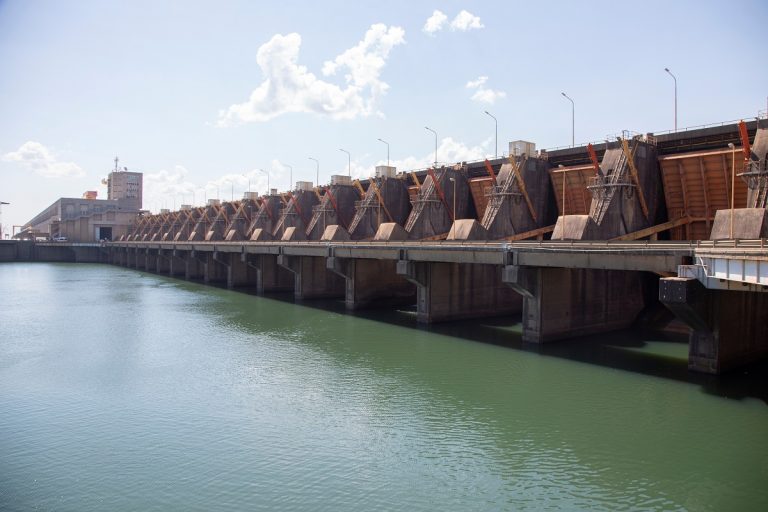Argentina: Parliament approves Argentina Digital law
The Argentine Parliament has approved a bill entitled “Argentina Digital”, which introduces new national market regulations on telecommunications and Internet and cable television services. In particular, it establishes a new sector administration and control agency known as “Autoridad Federal de Tecnologias de la Informacion y las Comunicaciones AFTIC” and a federal TLC council to act as a consultative body. The task of these will be to ensure “digital social inclusion” by fostering widespread dissemination of new technologies by means of a “Servicio Universal” with homogeneous tariffs and services, along with the network’s neutrality. The bill states that all services are to be declared “services in the public interest” and are to be “competitive”. The idea is to guarantee all TLC service providers free and competitive access to existing infrastructures even if built by other providers or concessionaires, a principle that is already applied to land-based telephone services. Such access is to be granted on the basis of a fixed fee to be set by the sector regulatory authority. According to recent government surveys, mobile telephone lines went from 4.5 million in 2003 to 45 million in 2014. Mobile phones connected to Internet in Argentina now account for 27.4% of the Latin American total, with traffic data predicted to grow by 4 to 5 times by 2020. A full 95.4% of Argentine homes have at least one telephone connection of some type, 61.9% of which are landlines. Internet penetration in Argentina rose 400% from 2008 to the present, with 52.8% of all homes claiming at least one computer, and 43.8% urban area homes enjoying Internet access. Connections to Internet via landline stand at 88.6%, and those via mobile connection at approximately 25%.






